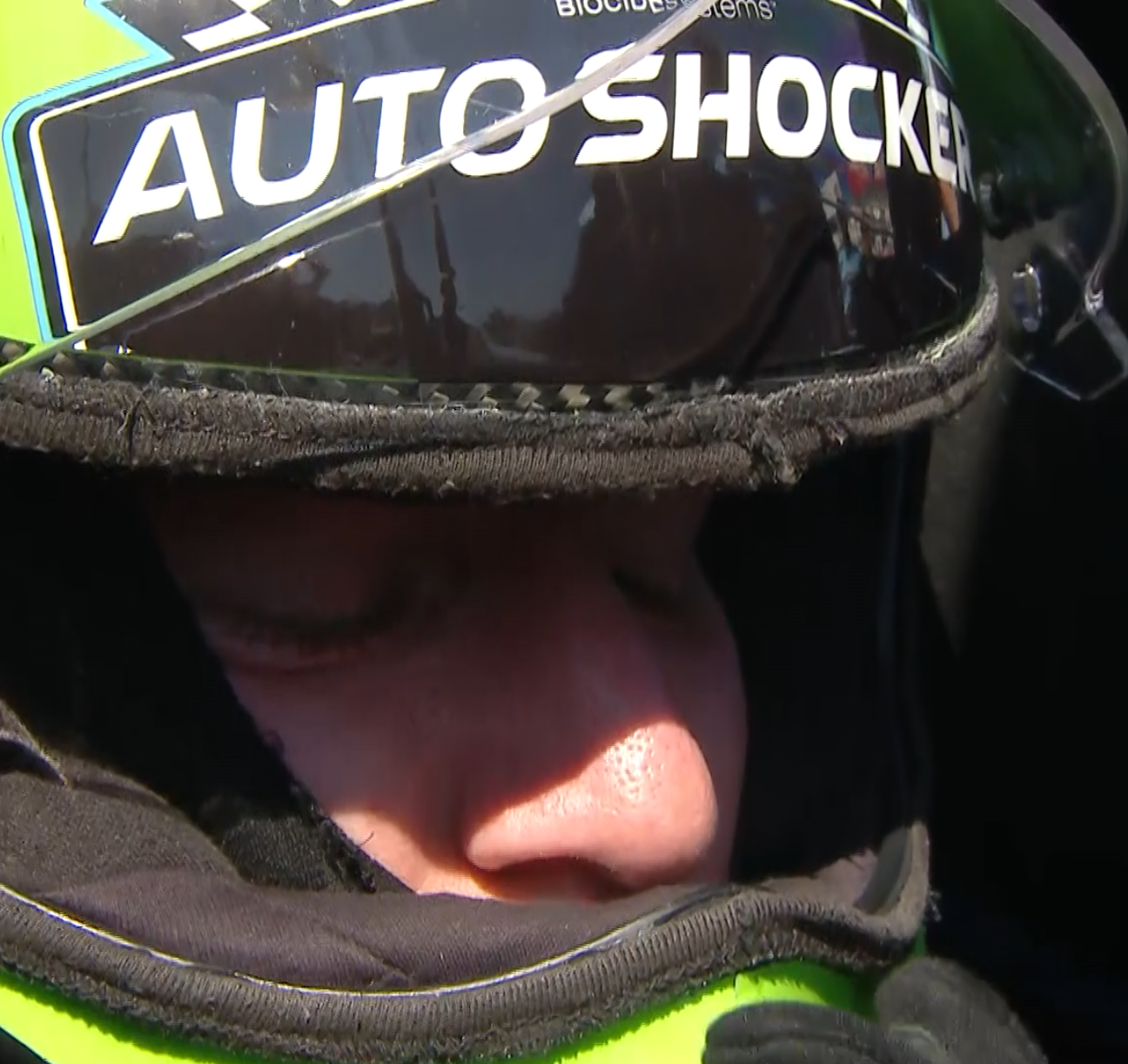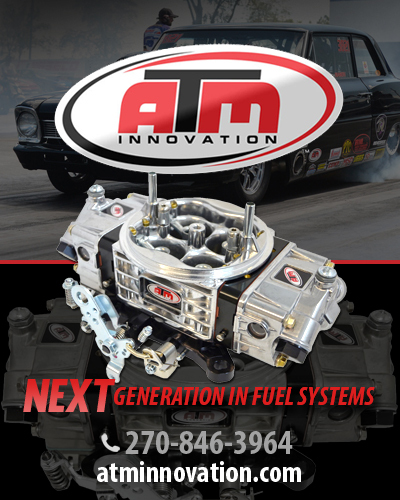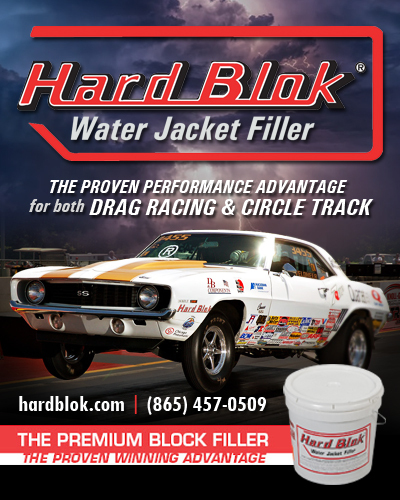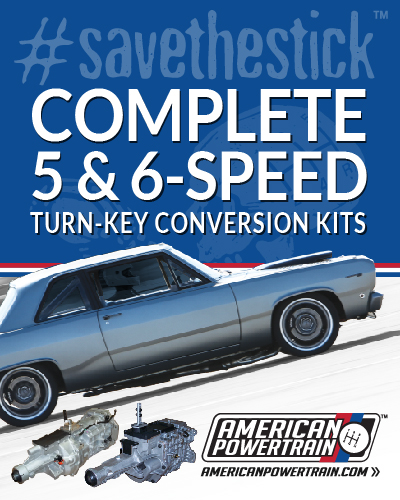JUSTIN ASHLEY OPENS UP ABOUT SUNDAY'S HEALTH ISSUE
 Sunday, at the inaptly named NHRA Winternationals, Top Fuel racer Justin Ashley beat every opponent masterfully, two of whom were past NHRA series champions. However, it was the one opponent he couldn't see but could feel, which got the best of him prior to Sunday's final round.
Sunday, at the inaptly named NHRA Winternationals, Top Fuel racer Justin Ashley beat every opponent masterfully, two of whom were past NHRA series champions. However, it was the one opponent he couldn't see but could feel, which got the best of him prior to Sunday's final round.
On paper, Ashley should have been out of competition in the second round and then in the semi-finals. But drag races aren't run on paper. Headed into the final round, Ashley had a car capable of going toe-to-toe with Leah Pruett, who was making her mark just as impressively on the other side of the ladder.
As Ashley and Pruett had their dragsters pushed to the waterbox, Ashley just didn't appear to be right. One hour earlier, there appeared to be nothing wrong.
"Sometimes you just feel like, 'You know what? Maybe this is meant to be, maybe this is my day," Ashley said on Tuesday evening's Power Hour Show.
The 2020 NHRA Rookie of the Year driver Ashley, whose propensity to block out all distractions and deliver snake-like strikes on the Christmas Tree, knew something was wrong. As much as he tried to block out dizziness, a growing headache, and lightheadedness, nothing he tried worked.
Ashley was suffering from the effects of heat exhaustion, a condition which from 2004-2018 contributed to an average of 702 heat-related deaths per year, according to the CDC.
Heat exhaustion is a condition whose symptoms may include heavy sweating and a rapid pulse, a result of your body overheating. It's one of three heat-related syndromes, with heat cramps being the mildest and heatstroke being the most severe.
"I started to feel a little bit weak," Ashley explained. "I started to get a headache, started to get dizzy and lightheaded. And I took a deep breath for a minute. I said, 'You know what? Let me sit down."
Some social media critics speculated Ashley was feeling the effects of a hangover which might have merit except for one key issue - the second-generation drag racer doesn't drink alcohol.
"I realized I hadn't even eaten anything all day," Ashley recalled. "I said, 'Let me sit down, let me have something to eat. Let me have a few bottles of water and some Gatorade."
"I'll go in the lounge, which I really hadn't spent enough time in there. And from there it just progressively got worse. Made it up to the staging lanes because of course, it was the final round. I have an incredible team behind me and I'm going to do whatever it takes to get up there and race. And got in the car, got back out of the car, threw up a few times, got back into the car and then pulled up to turn the corner to race and obviously things just weren't right."
Ashley was quickly coming to grips with the reality he'd lost his edge and the ability to pilot an 11,000 horsepower dragster, one capable of hurting or killing even the most seasoned driver.
"I really wasn't physically and mentally strong enough to be in that car," Ashley said. "Mike Green, Dustin Davis and my father all came up to me and we kind of all made the decision together that some things just are not worth it. We're never in a position to put my safety, the safety of Leah Pruitt, or anybody out there in danger. And I think it was the most difficult decision I ever had to make in my life, knowing how much racing means to me and how badly I wanted to be in that car."
One person who quickly realized what was going on with the young driver was veteran motorsports icon, Tony Stewart.
"Tony Stewart ran back to the hospitality pit, told somebody to grab a bag of ice and dump all the ice out and brought it to me and gave me advice while I was sitting there in the tow vehicle."
 While Pruett singled for the win, Ashley was being tended to by the NHRA's Safety team, which is headed by Dr. Phillip Surface.
While Pruett singled for the win, Ashley was being tended to by the NHRA's Safety team, which is headed by Dr. Phillip Surface.
"After talking with Dr. Surface, it sounds like had I tried to make that run things would not have gone according to plan," Ashley admitted. "I'm definitely happy we made the decision that we did well."
Ashley points out that he was hydrating all day long, keeping up his intake of Gatorade and water. Still, he's had his critics.
"It would be such a waste of time, energy and effort for me to focus on the 5% of people that think that they know when really they don't know what goes on behind closed doors," Ashley said. "So I really choose to focus on the 95% of people, which is the overwhelming drag racing community that came to my support. So it's just sometimes you just got to smile and laugh at those things and move on. I'm just glad that everyone's healthy and I'm focused on the people that definitely, definitely supported me."
Just two races ago in Norwalk, Ohio, NHRA faced significant medical issues amongst its Top Fuel community when Clay Millican, suffering from an inner ear infection, stepped aside and used Austin Prock as a substitute driver. Veteran drag racer Luigi Novelli had an undisclosed health issue and reportedly was pulled from the car following a run.
"I don't know if [NHRA's] going to implement anything specific, but I would just wait and see and encourage obviously anybody out there, even if the intentions are good like mine were, just focused on doing our job, just to make sure that we focus on our bodies and take care of ourselves.
"We need to continue to look at a positive from it. I don't drink, I don't go out and party, I'm there to do my job, and that's win races for our team because I'm grateful and fortunate for the ability to be out there doing that. And I'm grateful for the people who helped me do that."





































